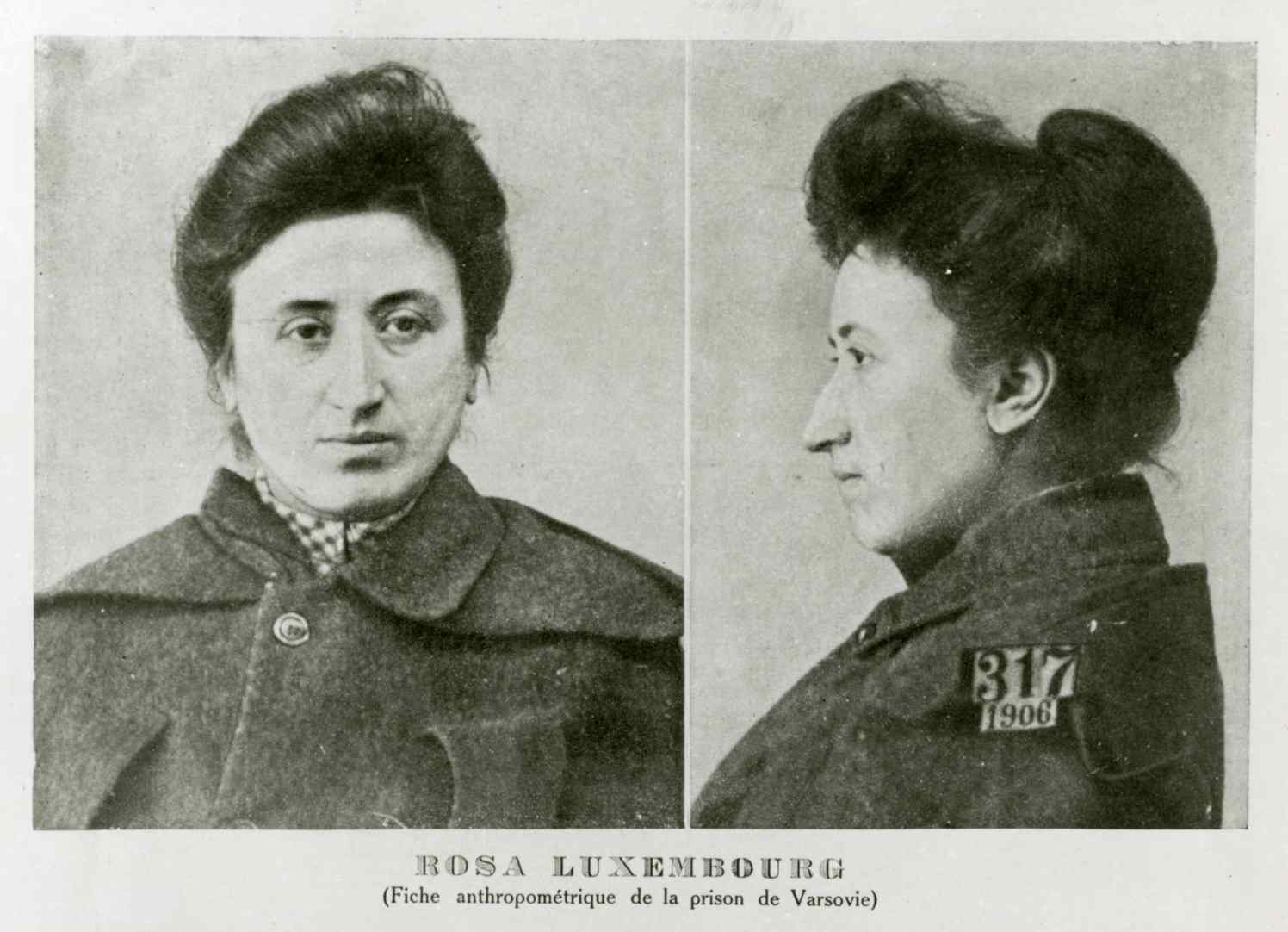@e_flux wrote:
![]()
The Verso blog has an interview with French theorist Razmig Keucheyan, author of The Left Hemisphere: Mapping Critical Theory Today. Keucheyan discusses pessimism of the intellect, climate change, and the relationship between radical theorists and social movements today. Keucheyan suggests that we live in a "golden age" of critical theory, but unlike the era of Gramsci or Luxemburg, this theory has an insufficient connection to on-the-ground social movements. Here's an excerpt from the interview:
You present an entire constellation of radical theorists who challenge capitalism during the last thirty years. At the same time what we see is the fragmentation of political and social movements, some of them even hostile towards any political theory. Do you see any perspective to overcome this contradiction?
In the past decades, the political and intellectual fields have grown more and more separate. A logic of “professionalization” and hence “autonomization” of both these fields has taken place, which doesn’t only affect left-wing movements and theories, it is a much more general tendency. This process has resulted in a growing gap between social movements and critical thinkers, who are mostly academics today, whereas Kautsky, Lenin, Gramsci or Rosa Luxemburg were not, they were political leaders.
However, elements of reconnection between critical thinkers and political movements can be observed today. For instance, Podemos’ leadership has been very much influenced by the ideas of Chantal Mouffe and Ernesto Laclau. Whatever one thinks of the resulting political strategy, it has led to interesting debates within the European left. In France, both left-wing candidates to the presidential election, Jean-Luc Mélenchon and Benoît Hamon, have been greatly influenced by radical political ecology. Hence, I think new “organic” ties between thinkers and movements are currently in the process of being invented. These ties, however, will be different from the ones that existed at the time of Lenin and Gramsci...
As you assert, climate change increases social inequalities at the expense of weaker and poor. How can we unite the fight against capitalism with the ecological movements?
An argument I elaborate in my book Nature is a Battlefield is indeed that capitalism leads to inequalities in relationship to the environment. The subaltern classes throughout the world are much more affected by pollutions, natural catastrophes, or biodiversity losses, than the rich. Uniting the fight against capitalism and the ecological movements thus implies to stop talking about climate change as an abstract phenomenon affecting humanity as a whole, and convincing the subaltern classes that on top of other forms of inequalities they suffer, they are victims of environmental inequalities. Only on that condition will the global working class join the struggle against climate change.
Image of Rosa Luxemburg via rosaluxemburgblog.wordpress.com.
Posts: 1
Participants: 1
